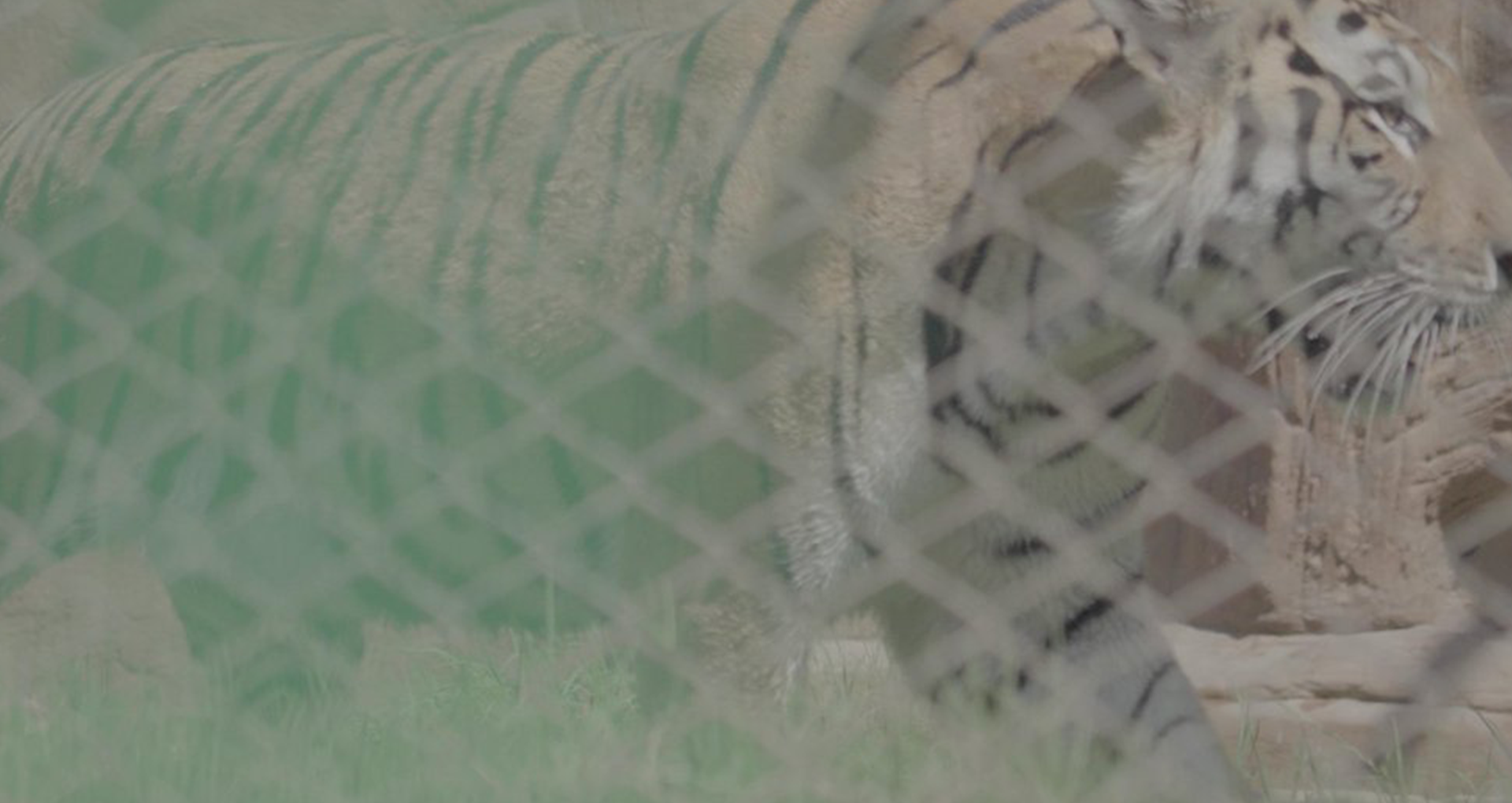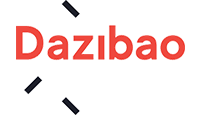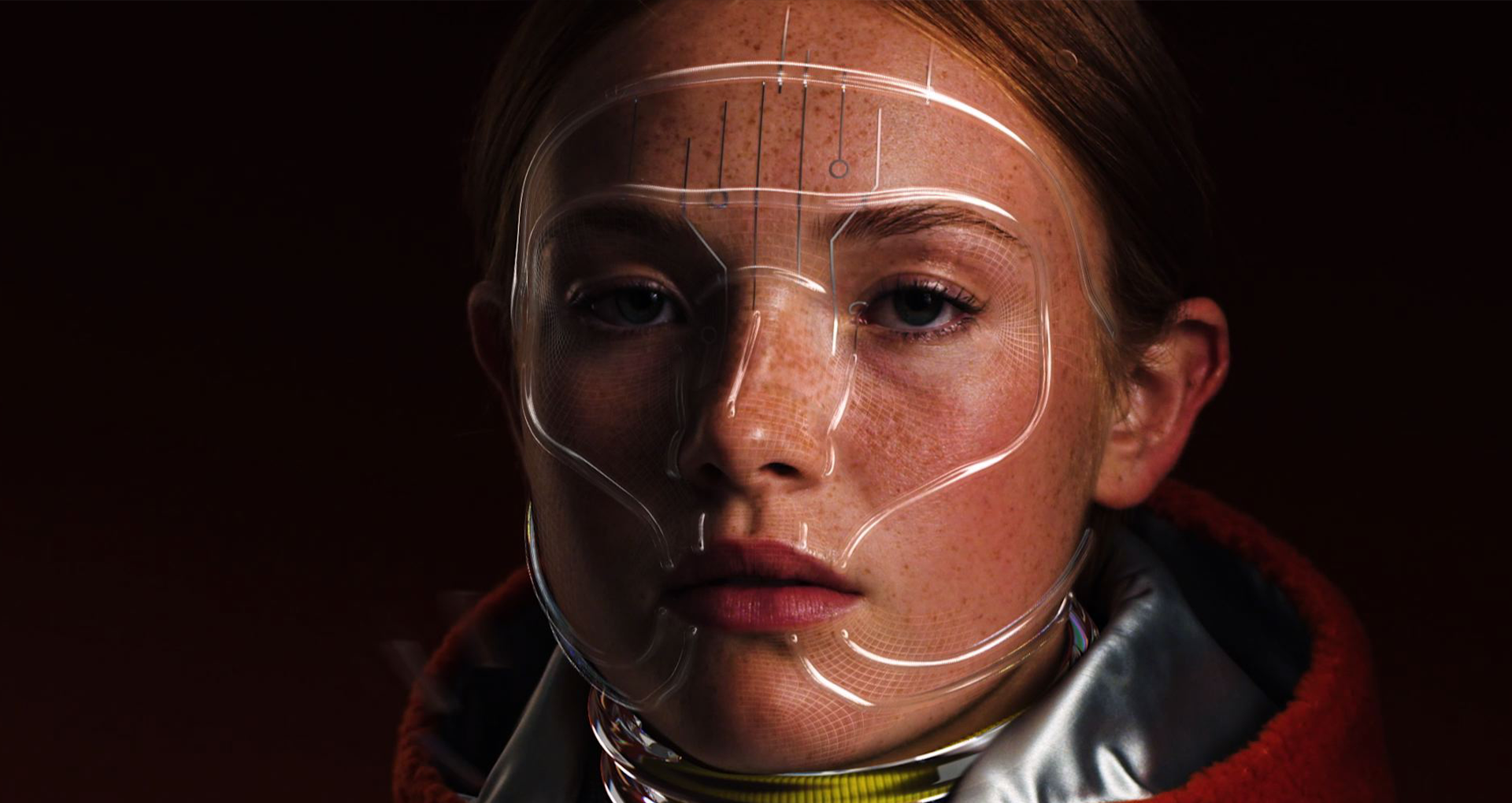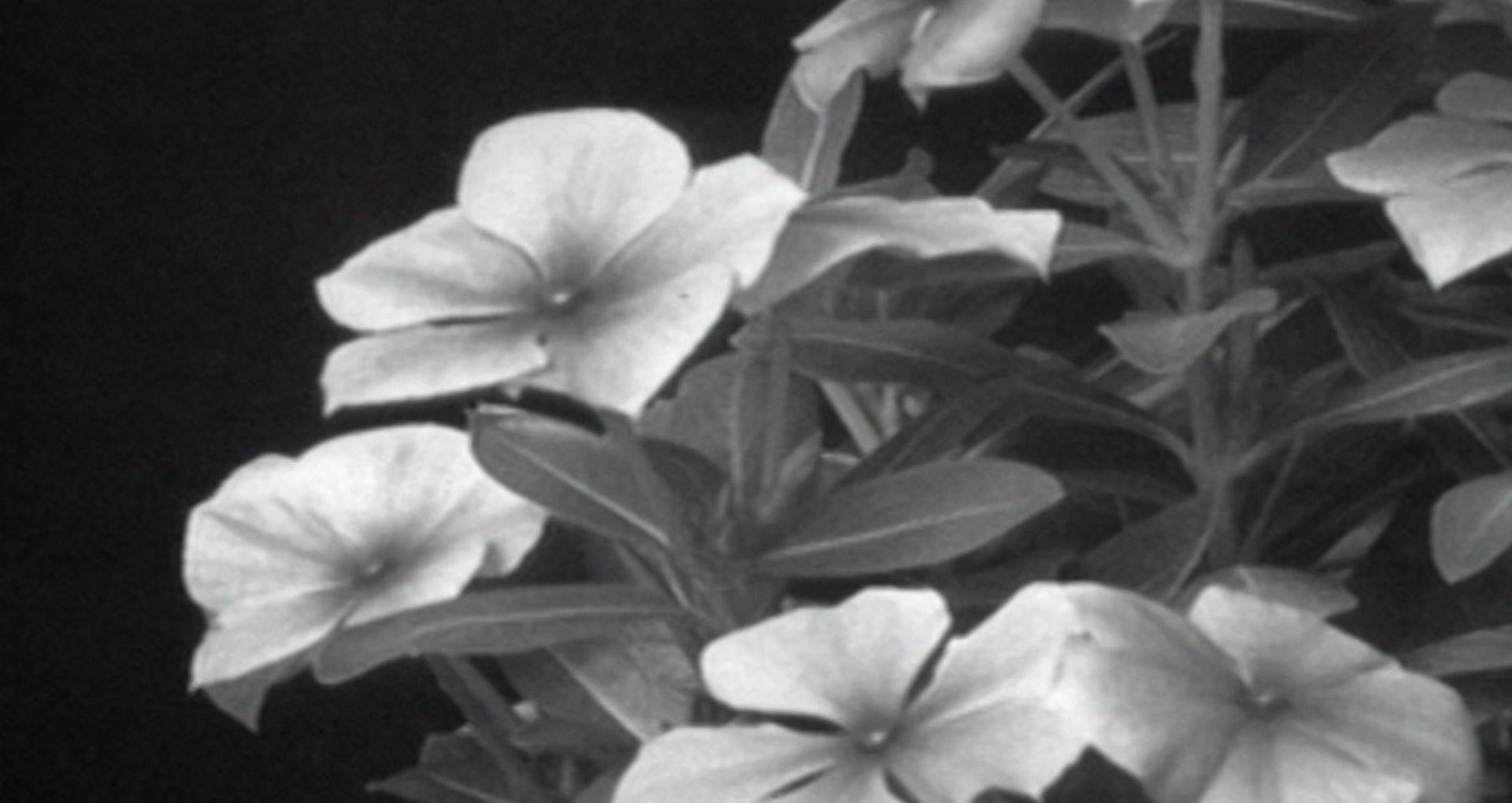
© Sama Waly, Year of the Tiger, 2021
Carte blanche to the Cairo Video Festival
PROGRAMMING
Free
For this new season of the dv_vd series, curators Mena El Shazly and Mohamed Allam present a program of six works produced during the creative workshops of the 10th edition of the Cairo Video Festival under the direction of Lebanese filmmaker and video artist Ghassan Salhab.
Deepening a historical problematic dear to the festival, The Motion of the Image examines the relationship between the images that we produce, act and watch, and the world we live in.
dv_vd is a collaboration between Vidéographe and Dazibao.
The Motion of the Images
While its presence strengthens and diversifies in our daily life, the question of the image has certainly become more radical. We are more than ever confronted with images from a growing variety of critical and spectatorial points of view. These images that we produce, invoke, and look at, also observe and oversee us. We are thus as much the creators and producers as the actors and participants of this continuous spectacle of which we are, in the end, the witnesses and spectators. This round of images does not cease to haunt the world, threatening it while also being threatened by it.
How to see and hear beyond this constant murmur?
The Cairo Video Festival presents six recent Medrar productions by Dessil Mekhtigian, Helena Abdelnasser & Joseph Adel, Hossam Waleed, Nadia Ghanem, Sama Waly, and Sherouk Helal. These works are the result of the video art and experimental film production workshop entitled “The Motion of the Images”, which took place in 2021 under the supervision of Ghassan Salhab, a Lebanese writer and director born in Dakar, Senegal.
This workshop is part of a series of production training courses organized by Medrar for Contemporary Art since 2006 to encourage collaborations and consolidate a growing community of artists and filmmakers working with the moving image. Each workshop invites applicants residing in Cairo to discuss, develop, and produce a piece based on a proposed concept. Later, the participants are assisted in the realization of their ideas, from the conceptual process to planning, production, post-production, screenings, and distribution of the works.
“The Motion of the Images” was organized by Medrar for Contemporary Art with the support of the Dutch Embassy in Cairo.
▶︎ Reserve your ticket here [+]
▶︎ Wearing a mask is required.
▶︎ The program will start at 7 pm sharp
▶︎ Please note that this activity will be subject to the health regulations in place at the time of its presentation.
▶︎ Booklet [+]
PROGRAMME
Sherouk Helal, Fuchsia, 2021, 12 min
To escape from her past with all its frustrating people and circumstances, Nadine moves into her new apartment, and with that she begins a journey of realizing everything she had been trying to ignore over the years, beginning with Fuchsia. Nadine is a young ex-pat girl who got a divorce at a young age. She decides to start a new life independent from her parents, hoping to find her own identity, which she had lost over the years. A young man named Hisham helps her find an apartment to rent. He tries to convince her that he is helping her overcome grieving her brother who died in circumstances she had no knowledge of, as well as trying to gain her trust. She travels to Cairo to settle into her new apartment where she will start seeing old friends she had forgotten about.
Hossam Waleed, Sniper, 2021, 25 min
Attempting to build a bridge of communication with ‘the Other,’ a young curious man uses his camcorder to watch the people on his street from his balcony. This distance he creates allows him to think about people’s internal thoughts, and the relation between what is externally displayed through facial expressions and attitudes, and what might truly be going on inside their minds. He wakes up every morning and gets ready for this mind game, curious to observe as much as he can, and trying to know who the people behind these faces are and whether he can form an opinion about them, attempting to understand them, and himself.
Helena Abdelnasser & Joseph Adel, Sphinx – E – 400, 2021, 5 min
Sphinx – E – 400 is an Egyptian-Chinese initiative that takes place within the framework of international cooperation, data exchange, and communication technology, to provide effective and sustainable solutions aimed at achieving the Millennium Development Goals. This is implemented by biotechnology and artificial intelligence. The initiative aspires to improve the lives of millions of women and men around the world by improving fetuses and newborns, to create a more stable society.
Sama Waly, Year of the Tiger, 2021, 17 min
An eternal body,
flows like sea water,
fixes a vanishing point,
in herself,
an anchor on land.
At the hands of bandits
or politicians
populations fall prey to the violence
of statelessness.
In the urban,
concrete reigns,
and yet a small green stick,
peeks out to bear witness,
of a life lived
despite
dominance in material,
hierarchies,
dismantled
by a smile.
Rejoice at the movement,
for it is eternally changing,
stagnation leading to empty breaths,
a time for one thing,
eats another
and leaves of a year,
frolic like a child beating heart,
the year of the tiger,
no one can deny,
comes after violence.
Nadia Ghanem, Three Disappearances and a Song, 15 min
As my grandfather’s presence in the country becomes increasingly problematic, my mother gradually decides to never touch a camera again, my father becomes obsessively convinced of his own disappearance, and something almost miraculous happens in 1976 in Montreux: Nina Simone comes back from retirement.
BIOGRAPHIES
Mena El Shazly is a visual artist and researcher born in Cairo. Her practice is concerned with sensitive surfaces that carry knowledge and memory, the body and entropy. She received her degree in visual arts from the American University in Cairo. She is interested in exploring realms such as moving image and material object, erasure and embroidery, repetition and interruption. In 2013, she created A Hail of Abuse, a multi-media piece based on the “Poetry of Wine” poetic forms of the pre-Islamic period and its recurring themes of death, rebellion, and sanctity. The project is based on a collaboration with women weavers on Aswan island, with whom she worked to produce tapestries that also act as sites for resurrecting these poetic personifications of wine — i.e. the figuration of a loss of consciousness that were once chronicled in the oral literature and have since faded from everyday memory. Her work has been exhibited at venues including Contemporary Image Collective (Cairo), Vivo Media Arts (Vancouver), Madatac (Spain), Ashkal Alwan (Beirut) and Palace of Arts — Cairo Opera House Complex (Cairo). Mena El Shazly has a well established curatorial practice and participated in organizing several video art events and workshops. She is the current artistic director of Cairo Video Festival for video art and experimental film organized by Medrar.
Mohamed Allam is a visual artist born in Assiut in 1984, Allam studied at the Arts Education Faculty of Helwan University in Cairo. Allam lives and works in Cairo using different mediums such as video, performance and sound. He is interested in different forms of performativity, as he playfully creates narratives and intervenes with existing ones. His work also explores relationships between humans and objects, and the physical environment and context that brings them both together. He has participated as an artist in numerous events since 2003. Allam is also concerned with art management and has participated in organizing several art events in Cairo. He is a co-founder of the Cairo-based artist initiative “Medrar for Contemporary Art” which aims at the promotion of contemporary artistic practices of young artists in Egypt.






